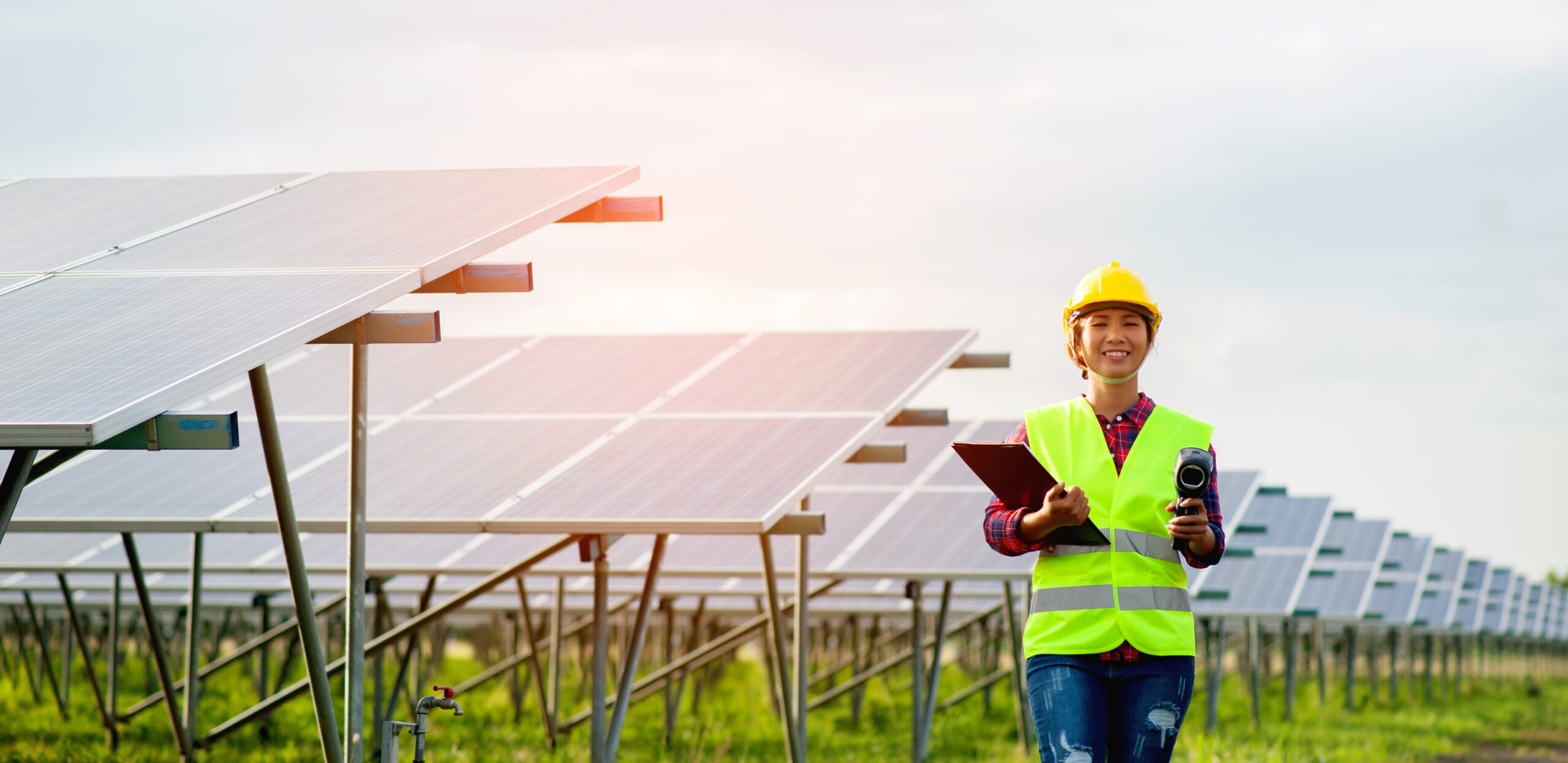
Just Energy Transition in Southeast Asia
By Hanh Le | 8 Feb 2023
As the world continues to grapple with the challenges of climate change, countries are increasingly shifting towards renewable energy to reduce their carbon footprint. However, it is not just a matter of replacing fossil fuels with renewable energy sources, but also ensuring that the transition is just and equitable for all members of society. This is where the concept of just energy transition comes into play.
Just energy transition refers to the process of shifting from fossil fuels to renewable energy sources in a way that ensures that no one is left behind. It involves taking into account the social, economic, and environmental impacts of the transition and addressing any potential inequalities that may arise. Two countries in Southeast Asia that are currently working towards just energy transitions are Vietnam and Indonesia.
Accelerating Indonesia’s climate goals under the JETP
Indonesia and its international partners, including the US, the EU, Japan, and Canada, launched the JETP at the Partnership for Global Infrastructure and Investment event at the G20 Summit in November 2022.
The JETP stands to channel billions of dollars to help Indonesia pivot from fossil fuels. The program is poised to create new momentum for Indonesia’s green economy as the country makes addressing climate concerns a priority.
The JETP makes up part of Indonesia’s commitments to keep global warming within a limit of 1.5 °C. To meet this global objective, the JETP will set country-specific targets for Indonesia to reduce its emissions and eventually become carbon neutral. Many of these targets move forward the timelines of previous climate goals.
Some of the key objectives under the JETP include:
- Reach peak power sector emissions by 2030, approximately seven years ahead of the previous schedule, leading to a cumulative reduction of over 300 megatons in greenhouse gas emissions through 2030 and over 2 gigatons through 2060.
- Cap power sector emissions at 290 megatons of CO2 in 2030, down from the baseline value of 357 megatons of CO2.
- Reach net zero emissions in the power sector by 2050, moving this target forward by 10 years.
- Have at least 34 percent of all power generation comprised of renewable energy by 2030, approximately doubling the renewable energy deployment of previous plans.
- Accelerate the widespread deployment of energy efficiency and electrification tools, technologies, and reforms.
- Accelerate the development of a vibrant and competitive local industry in renewable energy and energy efficiency, including by investing in local technological capacity and knowledge in collaboration with international partners.
- Accelerate the early retirement of coal-fired power plants.
- Restrict the development of captive coal-fired power plants.
The JETP launch announcement also includes details on immediate steps over the next six months. These steps include developing a policy reform strategy and a private sector engagement strategy. These strategies will provide a framework for improving the environment for energy transition and directing JETP investments on the ground, with each project addressing Indonesia’s diverse energy transition needs.
Vietnam JETP – A Major Step Forward for Vietnam’s Decarbonization Goals
Vietnam has just become the latest country in Southeast Asia to put in place a Just Energy Transition Partnership (JETP) with the International Partners Group (IPG) – a major step forward in realising Vietnam’s Net Zero 2050 ambitions and bringing forward peaking of greenhouse gas emissions and transition from fossil fuels.
Under the terms of the Vietnam JETP, IPG members – including the EU, UK, the United States, France, Germany, Italy, Canada, Japan, Norway and Denmark – will provide an initial US$15.5 billion of public and private financing over the next three to five years to support Vietnam’s goal to achieve a number of new energy transition targets.
The key ones being:
- bringing forward the projected peaking date for all greenhouse gas emissions in the country from 2035 to 2030;
- reducing peak annual power sector emissions by up to 30 percent from 240 down to 170 megatons, and bringing forward the peaking date by five years to 2030;
- limiting the country’s peak coal capacity to 30.2 gigawatts, down from a current planning figure of 37 gigawatts; and
- accelerating adoption of renewables so that renewable energy accounts for at least 47 percent of electricity generation by 2030, up from the current planned generation share of 36 percent.
Successful delivery of these ambitious targets is expected to reduce the country’s emissions by 500 megatons by 2035.
As for next steps, Vietnam will be working with the IPG member countries to develop and put in place the Vietnam JETP Resource Mobilisation Plan, which will set out the process and strategy for implementing and allocating JETP funding.

